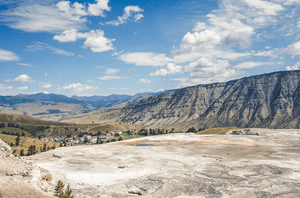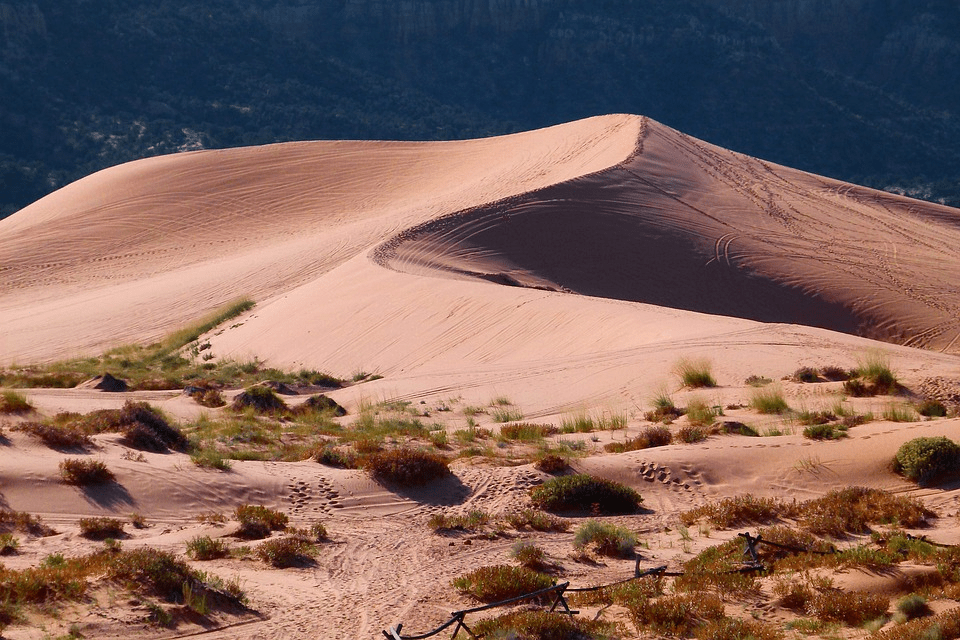اَللّٰهُمَّ عَالِمَ الْغَيْبِ وَالشَّهَادَةِ ، فَاطِرَ السَّمٰوَاتِ وَالْأَرْضِ رَبَّ كُلِّ شَيْءٍ وَمَلِيْكَهُ ، أَشْهَدُ أَنْ لَّا إِلٰهَ إِلَّا أَنْتَ ، أَعُوْذُ بِكَ مِنْ شَرِّ نَفْسِيْ ، وَمِنْ شَرِّ الشَّيْطَانِ وَشِرْكِهِ ، *وَأَنْ أَقْتَرِفَ عَلَىٰ نَفْسِيْ سُوْءًا ، أَوْ أَجُرَّهُ إِلَىٰ مُسْلِمٍ
O Allah, Knower of the unseen and the seen, Creator of the heavens and the earth, the Lord and Sovereign of everything; I bear witness that there is no god worthy of worship but You. I seek Your protection from the evil of my own self, from the evil of Shayṭān and from the evil of polytheism to which he calls, *and from inflicting evil on myself, or bringing it upon a Muslim.
Allāhumma ʿālima-l-ghaybi wa-sh-shahādah, fāṭir-as-samāwāti wa-l-arḍ, rabba kulli shay’in wa malīkah, ash-hadu al-lā ilāha illā Ant, aʿūdhu bika min sharri nafsī wa min sharri-sh-shayṭāni wa shirkihi *wa an aqtarifa ʿalā nafsī sū’an aw ajurrahū ilā muslim.
Abū Bakr al-Ṣiddīq (raḍiy Allāhu ʿanhu) said: “O Messenger of Allah, instruct me what to say in morning and in the evening.” He said: “Say [the above].” (Tirmidhī 3392)
Brief Commentary
• We begin this duʿā’ by glorifying Allah and praising Him, as this is the etiquette (adab) of duʿā’. This increases the chances of having our duʿā’ answered.
• The praise of Allah begins by acknowledging His infinite knowledge as He knows what is hidden and what is apparent. The knowledge of Allah encompasses the past, the present, and the future. It includes what we can physically see, and that which is hidden from us.
• The praise of Allah then moves on to acknowledging His infinite power as He is the one who invented and created the heavens and the earth. The One who is able to create this magnificent creation is undoubtedly an All-Powerful Creator.
• As Allah is the one who knows everything and has created everything, it is only right that He is the Lord and King of everything. Thus, we mention and acknowledge this in the subsequent part of the duʿā’, after praising Him for His knowledge and power.
• ‘Rabb’ is the one who nurtures and looks after everything. If Allah is the Lord of everything, then this means that everything is dependent upon Him. This means that He alone should be worshipped. Thus, in the following part of the duʿā’, we testify that there is none worthy of worship but Him.
• After praising Allah and acknowledging our dependence on Him, we begin to ask Him our needs:
• Our first request is that Allah saves us from the evil of our own nafs (inner self). We seek refuge in Allah from our ‘inner self’ (nafs), even though our nafs is a part of us. So how can it be our enemy? Ibn al-Qayyim said, “Beware of your nafs (inner self), for you have not been faced with a tribulation except due to it. Do not make peace with it, for by Allah you do not honour it if you do not degrade it. You do not give it respect if you do not humiliate it. You do not give it strength if you do not break it. You do not give it rest if you do not tire it. You do not give it safety if you do not frighten it, and you do not give it happiness if you do not make it sad.”
• The statement of Ibn al-Qayyim can be understood when one considers that the life of the soul does not end at death. Rather it journeys on to the Hereafter. If you resist the temptations of your nafs (inner self) in this world, tomorrow you will enjoy eternal bliss, success and peace in the hereafter inshā’Allah.
• There are two sources of evil: (1) the evil which emanates from our own ‘nafs’ (inner self), and (2) the evil which results from the whispers of Shayṭān. In this duʿā’, we seek refuge in Allah from both of these sources of evil.
• The recipients of the evil are also two: (1) ourselves, and (2) others. Thus, in the last part of the duʿā’, we seek refuge in Allah from bringing harm to either recipient.
• Thus, we see the comprehensiveness of the Prophet’s words in this duʿā’, as he sought protection from these four components of evil, through just a few words.
• We seek protection ‘from the evil of Shaytān and from the evil of polytheism to which he calls’, as shirk (polytheism) is one of Shayṭān’s greatest objectives: to ensure we associate partners with Allah, and thereby join him to burn for eternity in Hell-fire.
Action Points
• This duʿā’ begins with a lengthy praise of Allah, signifying the importance of the request being made. Thus, we should focus on what is being requested from Allah and ensure we mean it from our heart.
• The main request in this duʿā’ is to ensure we do not commit evil and harm ourselves or others.
• The two sources of evil identified in this duʿā’ are: the nafs (inner self) and Shayṭān. We can avoid the evil of our nafs by treating it as Ibn al- Qayyim advised us above; and we can avoid the evil of Shayṭān by ensuring we constantly seek refuge in Allah from Shayṭān, and by maintaining the morning and evening adhkār.







